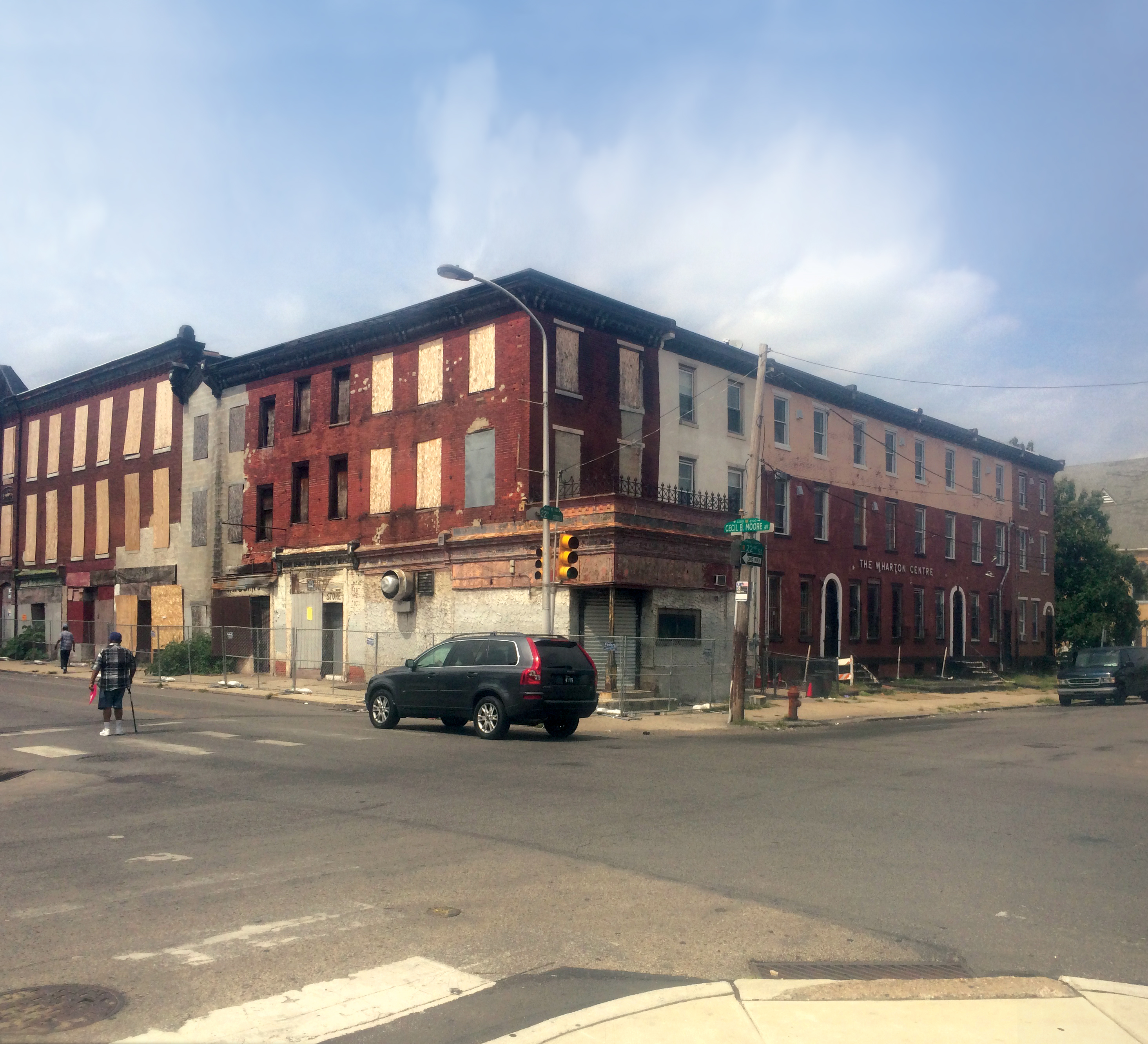Hannah Fagin, C’17, won the History Department’s Thomas C. Cochran Prize for the best Honors thesis in American history for “A Long, Hot Summer: The 1964 Columbia Avenue Race Riot and the Jewish Community Relations Council of Greater Philadelphia.”
The Columbia Avenue Race Riot began on August 28, 1964, when two Philadelphia police officers confronted a Black couple in their car at the corner of 22nd Street and Columbia Avenue, now known as Cecil B. Moore Avenue. Fagin explains that the neighborhood was once heavily Jewish, but by 1960 was predominantly Black, though Jews continued to operate businesses there. The traffic dispute quickly escalated into three days of protest and destruction. Almost all white-owned businesses in the neighborhood, most held by Jews, were destroyed.
Fagin argues that because the Columbia Avenue riot produced comparatively less physical injury and property damage than other riots across the nation, it has not been widely studied. Those who have studied it “talk about the riot as an abrupt collapse of the storied alliance between Jews and Blacks forged at the outset of the Civil Rights Movement,” she says. Her research, however, led her to a different conclusion.
Fagin began her research at the Urban Archives at Temple University, where she studied its collection of documents from the Jewish Community Relations Council (JCRC) of Greater Philadelphia. In the archives, she realized that the JCRC was increasingly focused on North Philadelphia and the growing tensions between Blacks and Jews who lived and worked there in the 1950s. The Columbia Avenue riot, Fagin argues, was not the sudden collapse of Jewish/Black relations, but rather the result of steadily growing tension due to persistent racial inequality, joblessness, and poor housing, the root causes of riots across the country.
In fall 2017, Fagin started her Master’s degree in art history at University College London.




